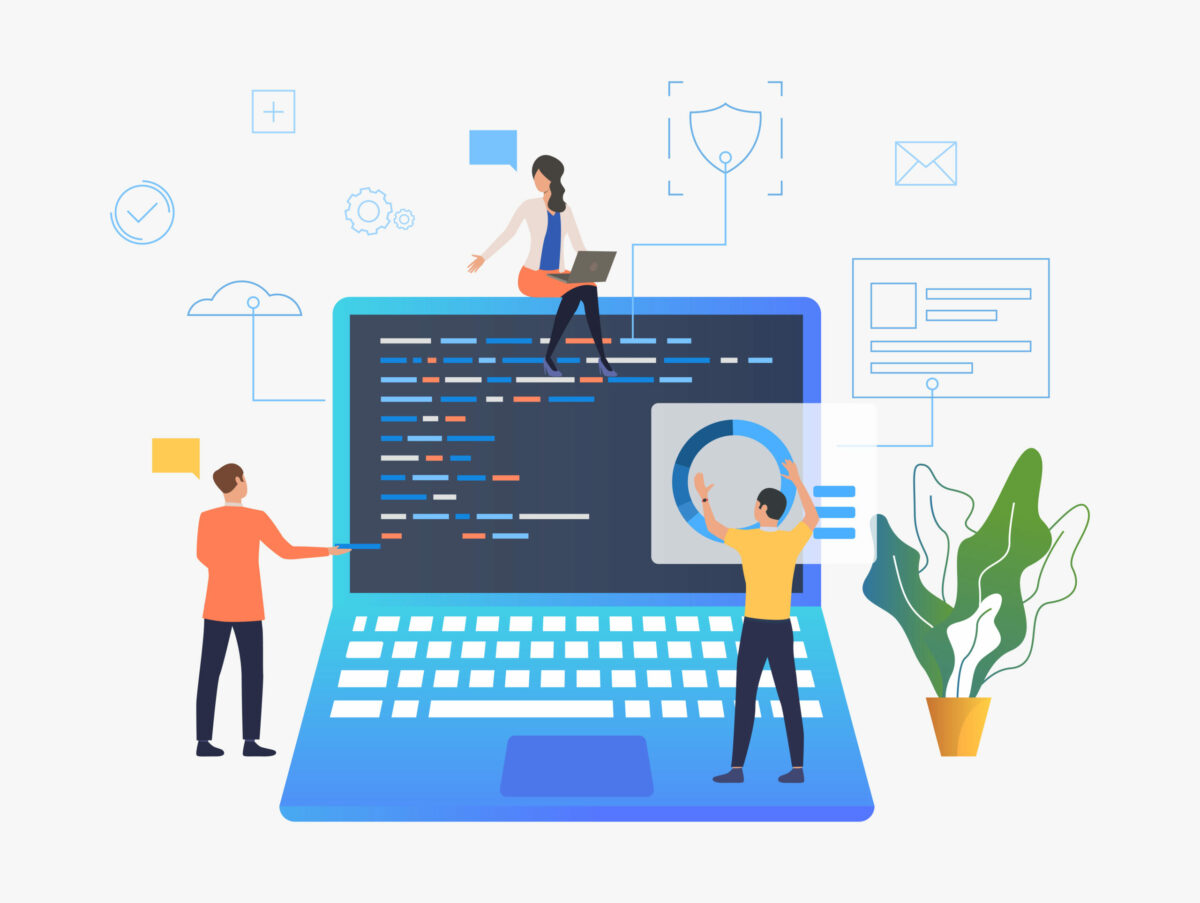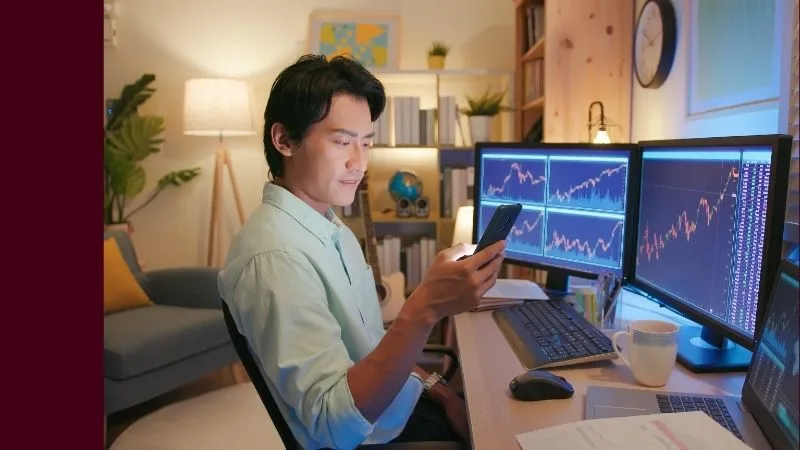As a young person, I spend a bit of time imagining what my future will look like, which is ironic because my 20s look nothing like what I thought they would when I was 15. I remember my high school career counsellor constantly telling us to ‘follow our passions, and we’d never work a day in our life’, which is honestly one of the most misleading and misguided statements you can tell a young person at the start of their working life.
The thing I’ve realised, after five years working full-time, is that you don’t even come close to working out where your passions lie until you start doing things in the world (and even your dream job has some less enjoyable tasks to get done).
You need to learn new things, go to events, work at different companies, talk to interesting people, dive deep down rabbit holes and start creating, before you get anywhere close to narrowing down on what you love doing.
The only exception I know to this is my friend from high school who had her heart set on studying art restoration and is now in Austria pursuing her dream with an intensity and maturity that is rare, among even the most driven of adults.
In high school, I had no interest in finance, and now I’m committed to helping others learn about money and investing, which happened completely by accident and staying open to new opportunities.
The future can be scary, but we are in the position right now to build a truly remarkable career that we’re proud of, if only we take the time to build it with intention.
When Owen and I had the opportunity to speak with Andrea Clarke, the founder of FutureFit, recently on The Australian Finance Podcast, she spoke about a few key areas to focus on, to ensure we’re prepared to take advantage of the opportunities coming our way over the coming decades.
These focus areas include building your reputation capital, investing in and up-skilling yourself, working on crucial soft skills, getting comfortable with change and taking responsibility for your own career.
At various points, perhaps even at numerous points, in your working life you will have to reinvent yourself or at the very least change the basis upon which you earn a living. It is unrealistic to rail against the forces of change. You need to get comfortable with change. You need to see how others have managed this process and to extract learnings and lessons.
Source: FutureFit by Andrea Clarke
Building your reputation capital (over your personal brand)
One of the most important ideas that Andrea spoke about was the importance of building your reputation capital. So what exactly does this involve? Andrea’s suggested strategy contains four components:, consider, create, amplify and engage. I’ll break each of these down below.
- Consider – This is all about knowing yourself and your own story, specifically what makes you different, relevant and valuable to your target audience. Can you describe what makes you valuable in three to five sentences? Have you perfected your 30-second elevator pitch for yourself?
- Create – How are you crafting your personal brand online and showing others what you do, how you think and your personality? Think about the different forms of content you can create and share online and the most appropriate mediums to share it on. Spend time to craft your own strategy and share your creations with intention.
- Amplify – What is your plan to share your personality and creations with a wider audience, in a way that cuts through the noise and makes the most impact? Think about the audience you want to reach and the best way to connect with them. Is there a relevant group you can join, event to attend or panel to speak on to amplify your voice?
- Engage – The final step in building your reputation capital is measuring the effectiveness of your brand engagement strategy and working out ways to improve and tweak it. Does your brand stand out, is it getting noticed, is it providing value and are people engaging with you? This is also the point where you might decide you need to pivot your brand strategy or ‘rebrand’ yourself.
Think of yourself as the brand manager for your most important product – yourself!
What skills will be in demand in the near future?
In a recent survey conducted by the World Economic Forum, some of the most in-demand skills frequently mentioned by Australian companies include:
- Creativity, originality and initiative
- Analytical thinking and innovation
- Active learning
- Technology design and programming
- Complex problem-solving
- Critical thinking and analysis
- Leadership and social influence
- Emotional intelligence
- Reasoning
- Resilience, stress tolerance and flexibility
It’s interesting to note many of these crucial future skills that fall under the ‘soft skills’ category are not taught explicitly in school and higher education. Rather, these are skills that are developed over time through application of learning and real-life experiences.
But…will a robot take my job?
We see the headlines of industries completely wiped out through automation, from car manufacturers to cashiers, and it can all seem very overwhelming. The important thing to remember is nothing lasts forever and change is something that we need to get on board with.
The more resistant we are, the more we’ll be left behind in the future of work. Instead, focus on things you can control, like improving your soft skills, constantly up-skilling yourself, improving your social connections and observing the horizon for incoming opportunities and threats. It’s critical to take responsibility for your own career and reputation capital, as no one’s going to care about it as much as you do (just like your Super hey)!
When robots ‘take our jobs’, what do we have left? A remarkable opportunity to be more ‘human’ than ever before. I believe firmly that the future of work is about being more connected to ourselves, our purpose and our power to do more meaningful work – everything that cannot be automated. It’s not about the technology – it’s about how we want to live, work and contribute to our communities.
Source: FutureFit by Andrea Clarke
What actions are you going to take today to ensure your career is future-ready?
Resources
- Purchase a copy of Future Fit by Andrea Clarke
- FutureFit Website
- The Future of Jobs Report 2020
- Future Outlook | Australian JobOutlook
- JobOutlook – Career Quiz
- JobOutlook – Skills Match
- Labour Market Information Portal
- Occupational skill shortages information
- Australian Jobs | Department of Education, Skills and Employment










